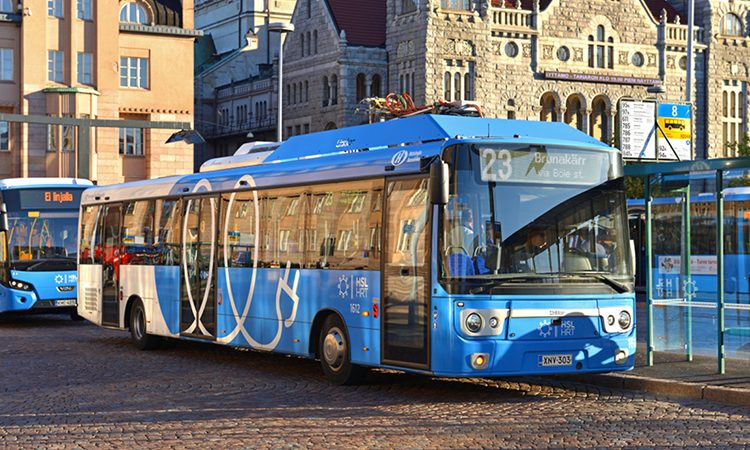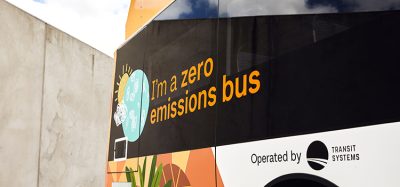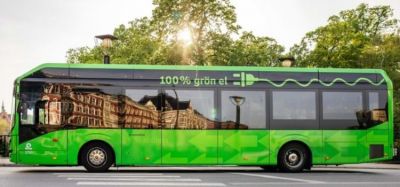European Commission proposes ambitious CO2 targets for buses and heavy-duty vehicles
- Like
- Digg
- Del
- Tumblr
- VKontakte
- Buffer
- Love This
- Odnoklassniki
- Meneame
- Blogger
- Amazon
- Yahoo Mail
- Gmail
- AOL
- Newsvine
- HackerNews
- Evernote
- MySpace
- Mail.ru
- Viadeo
- Line
- Comments
- Yummly
- SMS
- Viber
- Telegram
- Subscribe
- Skype
- Facebook Messenger
- Kakao
- LiveJournal
- Yammer
- Edgar
- Fintel
- Mix
- Instapaper
- Copy Link
Posted: 20 February 2023 | Intelligent Transport | No comments yet
The European Commission proposes new CO2 targets for heavy-duty vehicles, with the aim to cut emissions, boost the clean technology industry and achieve all-new zero-emission city buses from 2030.


The European Commission has announced that it has proposed ambitious new CO2 emissions targets for new heavy-duty vehicles (HDVs) from 2030 onwards, in order to help reduce CO2 emissions in the transport sector.
Currently, trucks, city buses and long-distance buses are responsible for over 6% of total European Union (EU) greenhouse gas (GHG) emissions, with more than 25% of GHG emissions from road transport. According to the commission, these strengthened emissions standards will ensure that this segment of the road transport sector contributes to the shift to zero emissions mobility and the EU’s climate and zero pollution objectives.
The commission proposes phasing in stronger CO2 emissions standards for almost all new HDVs with certified CO2 emissions, compared to 2019 levels, specifically:
- Reductions of 45% emissions from 2030
- Reductions of 65% emission from 2035
- Reductions of 90% emissions from 2040.
UITP calls for measures to secure affordable energy supply for public transport
To stimulate faster deployment of zero-emission buses in cities, the commission also proposes to make all new city buses zero-emission from 2030.
In line with the European Green Deal and REPowerEU objectives, this proposal will also have a positive impact on the energy transition, by lowering demand for imported fossil fuels and enhancing energy savings and efficiencies in the EU’s transport sector.
Furthermore, it will also provide benefits for European transport operators and users by reducing fuel costs and total cost of ownership, as well as ensure a wider deployment of more energy-efficient vehicles, while improving air quality, notably in cities, and the health of Europeans.
In addition, this is a key sector to support the European clean technology industry and boost international competitiveness. The EU is a market leader in the production of trucks and buses and the revised standards provide a clear and long-term signal to guide EU industry investments in innovative zero-emission technologies, boosting the roll-out of re-charging and re-fuelling infrastructure.
If you liked this, you may also be interested in:
▶ London’s Congestion Charge celebrates 20 years of success
▶ New UITP project brings electric BRT solutions to urban transport
Related topics
Air Quality, Alternative Power, Mobility Services, Public Transport, Sustainable Urban Transport
Related modes
Bus & Coach
Related cities
Europe
Related organisations
European Commission (EC), European Union (EU)








